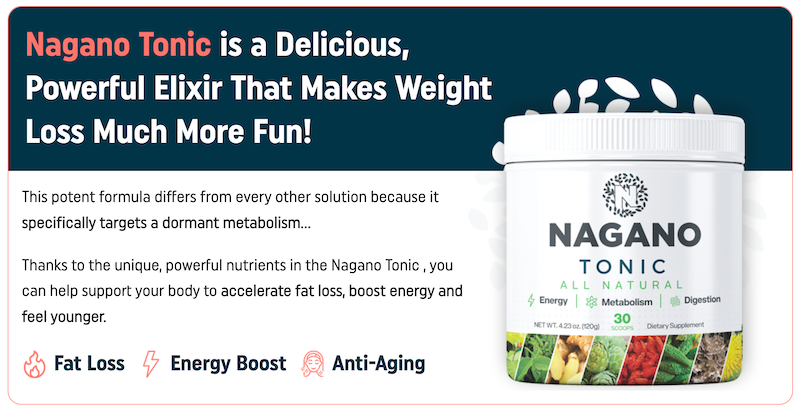Introduction
Every relationship has its own rhythm, right? Some seem to flow effortlessly, while others feel like a constant battle. What’s behind that? It’s all about relationship dynamics. Understanding these can make a huge difference in how we connect, communicate, and handle conflicts with our partners. Whether you’re just starting out or have been together for years, knowing these dynamics can help you create a stronger, healthier bond.
What Are Relationship Dynamics?
In a nutshell, relationship dynamics refer to the patterns and ways two people interact in a relationship. These can be influenced by our personality, attachment style, and even past experiences. For instance, early relationships with caregivers shape how we behave in adult relationships. So, if you can spot these patterns in your relationship, you can start making some positive changes to strengthen your bond.
Toxic Relationship Dynamics
Not all relationship patterns are healthy, and it’s super important to recognize toxic ones before they cause serious damage. Let’s go through some common toxic dynamics that you should be aware of:
1. Aggressive/Accommodating
In this dynamic, one partner dominates while the other constantly gives in to avoid conflict. For example, one partner might make all the decisions, leaving the other feeling powerless. This dynamic creates frustration and resentment over time.
2. Active/Passive
One partner always takes charge, while the other just goes along with it. While this might work for a while, it can lead to one person losing their individuality and the other feeling burdened with all the responsibility.
3. Competitive/Controlling
In this dynamic, both partners are constantly trying to outdo each other, leading to power struggles. Every decision turns into a battle, and the relationship becomes more about winning than working together.
4. Dependent/Indifferent
One partner is always seeking reassurance, while the other is emotionally distant. This creates a cycle of neediness and neglect, where neither partner’s needs are fully met.
5. Jealous/Possessive
If you or your partner is always checking each other’s phones or needing constant updates, you might be in a jealous/possessive dynamic. This leads to insecurity and suffocates the relationship.
6. Criticizing/Defensive
One partner frequently criticizes while the other becomes defensive. This pattern can shut down healthy communication and leave both feeling misunderstood.
7. Withdrawn/Clingy
One person craves constant closeness, while the other pulls away, needing space. This dynamic creates a push-pull effect where both partners feel unfulfilled.
8. Victim/Bully
In this toxic pattern, one partner feels like the constant victim while the other uses blame and aggression to dominate. This dynamic can quickly lead to a toxic, unhealthy environment.
Healthy Relationship Dynamics
While it’s easy to fall into toxic patterns, it’s equally possible to build healthy ones. Here are some relationship dynamics that create a strong, loving partnership:
1. Accepting/Supportive
Healthy relationships are built on acceptance and support. Both partners understand and accept each other’s flaws while offering unconditional love and encouragement.
2. Communicative/Open
Good communication is key. In a healthy dynamic, partners feel safe sharing their thoughts and emotions, knowing they won’t be judged.
3. Respectful/Considerate
Respect is at the heart of every strong relationship. In this dynamic, both partners listen and value each other’s opinions, even when they disagree.
4. Balanced/Equal
A healthy relationship is all about balance. Both partners share the responsibility of making decisions and respect each other’s input.
5. Trusting/Reliable
Trust is the foundation of a healthy relationship. When both partners are reliable and consistent, it creates a safe space where love and trust can grow.
6. Empathetic/Understanding
Empathy deepens emotional connection. When partners show understanding and support during tough times, it builds a stronger bond.
7. Collaborative/Team-Oriented
Healthy couples tackle challenges together. Whether it’s making big decisions or handling daily tasks, they approach problems as a team.
8. Playful/Positive
Fun and laughter are key to keeping things light and enjoyable. Couples who play and laugh together tend to have happier, more connected relationships.
Tips for Building Healthy Relationship Dynamics
Feeling like your relationship could use some work? Here are a few practical tips to help you and your partner create healthier dynamics:
1. Active Listening
Really listen to what your partner has to say, without planning your response while they’re talking. Show them you care by reflecting back on what you heard.
2. Use “I” Statements
When discussing feelings, stick to “I” statements like “I feel upset when this happens” instead of “You always do this.” It helps keep the conversation productive, not defensive.
3. Regular Check-ins
Set aside time to talk about your relationship—what’s working, what needs improvement. These check-ins can prevent small issues from turning into big problems.
4. Recognize and Manage Emotions
Understand your own emotional triggers and learn to manage them calmly. This will help you communicate more effectively without overreacting.
5. Respond, Don’t React
Before responding to a situation, take a moment to consider your partner’s perspective. This helps in maintaining a respectful and calm interaction.
6. Tackle Problems Early
Address issues as they come up instead of letting them fester. A calm, proactive approach keeps relationship dynamics positive.
7. Focus on the Issue, Not the Person
Stick to discussing the behavior or situation, rather than attacking your partner’s character. It keeps the conversation respectful and solution-focused.
8. Seek Compromise
Healthy relationships involve finding a middle ground where both partners are happy. Being open to compromise strengthens your connection.
9. Be Consistent
Reliability builds trust. When you’re consistent in your actions and words, it helps your partner feel secure.
10. Show Vulnerability
Being open and vulnerable with each other deepens emotional intimacy. Share your feelings and create a space for your partner to do the same.
11. Engage in Shared Activities
Doing things together, whether it’s cooking or taking a class, helps you bond and strengthens your relationship.
Final Thoughts
Every relationship has its ups and downs, but understanding and improving your relationship dynamics can make all the difference. Small changes in communication, empathy, and behavior can help turn toxic love into a healthy, fulfilling partnership. By focusing on building positive patterns, you and your partner can create a stronger, more loving connection.









































